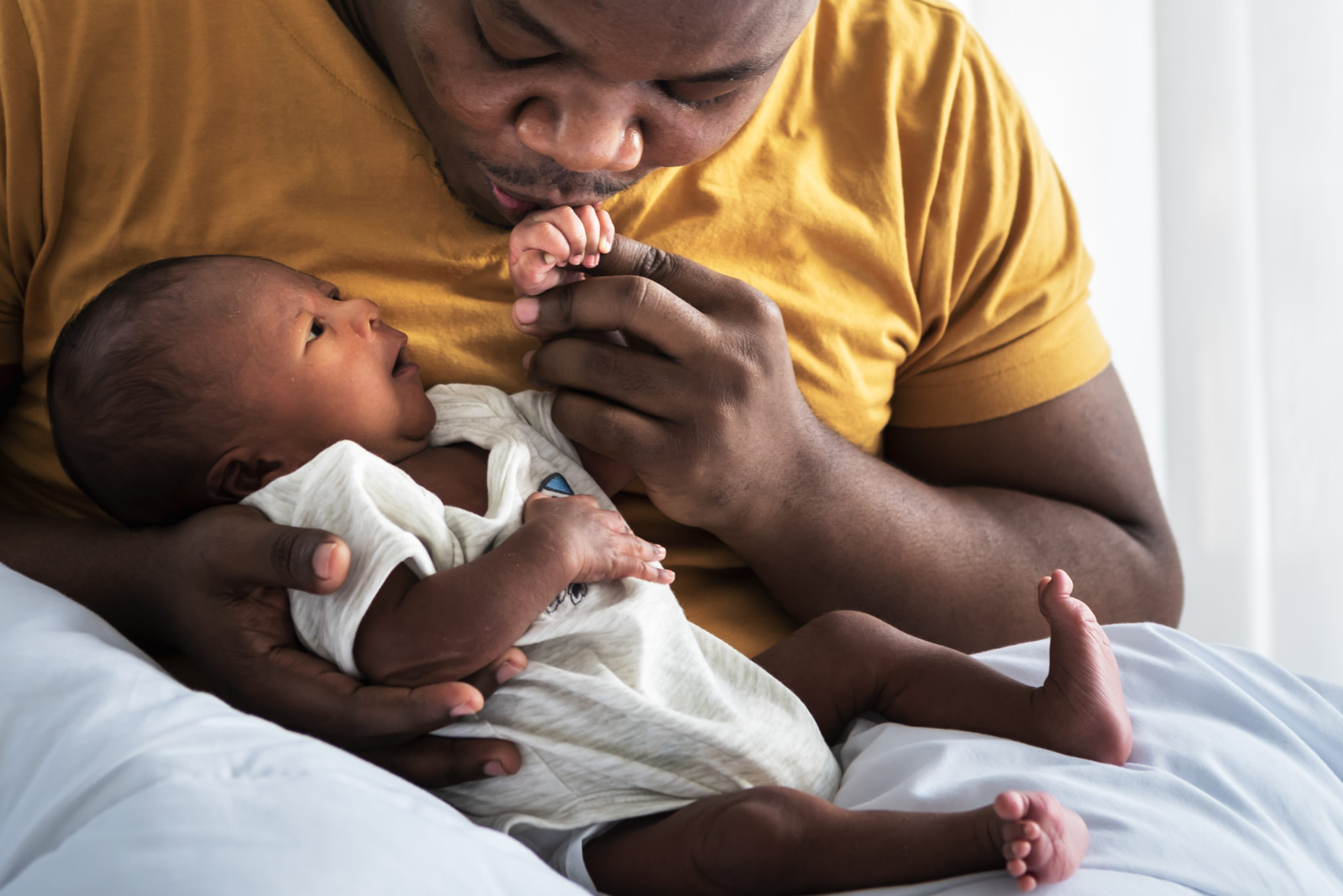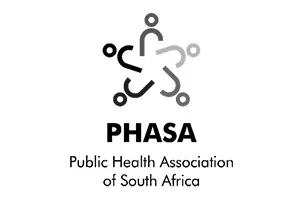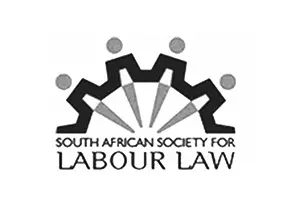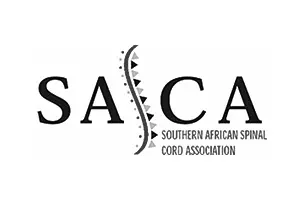
Labour law and the right to paternal leave
Labour law and the right to paternal leave
Section 25 of the Basic Conditions of Employment Act (hereinafter referred to as ‘BCEA’) provides pregnant employees with the right to at least four consecutive months of maternity leave. The provision also includes women that may not themselves be physically pregnant but are deemed to be the primary caregivers of an infant. Let’s explore the issue of paternal leave for fathers.
Over the years paternity leave has been introduced in most jurisdictions, breaking down societal gender assumptions and enabling fathers to develop relationships with their newborn children during the child’s earliest days. Paternity leave acknowledges the role played by both parents of a newborn in its early development and provides an equal opportunity for both parents to bond with the child and each other. The trend arrived in South Africa in 2019 and fathers are now eligible to receive 10-days of paternal leave after the birth of their child.
In Mia v State Information technology Agency (Pty) ltd (D312/2012) [2015] ZALCD 250 (LC), the applicant brought an application in terms of section 6 of the Employment Equity Act (EEA) seeking the court to find the respondent’s decision to deny her four (4) months paid maternity leave following the birth of her child, through a surrogacy arraignment, constituted unfair discrimination. The Labour Court held that maternity leave is meant to give the biological mothers an opportunity to recover from the physiological effects of childbirth; but it went further to develop the law to include mothers that are not themselves the birthparent, but are primary caregivers of the child, by applying the best interests of the child principle.
The court in Mia took into consideration the different types of families that now exist in our society and stated that there needs to be an amendment of the BCEA to ensure the best interests of the child are upheld and to also reflect the diversity and inclusivity of today’s society.
Since the 1st of January 2020, the term Parental leave was adopted as an inclusive term through a proclamation issued by the President on the 23rd of December 2019 in terms of section 17 of the Labour Laws Amendment Act of 2018. The law now recognises that any employee who is a parent of a child will be entitled to at least 10 consecutive days of parental leave, the wording used encompasses same-sex, adoptive, as well as commissioning parents.
In a matter currently before the High Court, Werner and Ika Van Wyk argue that sections 25 and 26 of the BCEA should be declared unconstitutional as the sections unfairly discriminate against fathers of newborn children by limiting their rights to paternity leave in South Africa. The applicant applied to his employer for four (4) months of leave to care for his newborn child and the request was declined. If the Courts are to agree with the Van Wyks, it will be a seismic judgment in labour law as men will now be entitled to the same amount of leave as birthing mothers.
Three constitutional issues have become sources of contention in the Van Wyk matter, firstly, they allege that sections 25 and 26 of the BCEA are unconstitutional as they discriminate against the fathers of a newborn by unjustifiably limiting the father’s rights to only 10 days of paternity leave.
Secondly, the applicant seeks that the sections need to be extended to ensure equal rights to all parents (mothers, fathers and same-sex parents). Where fathers are primary caregivers, there should be extended leave granted to fathers.
Lastly, the issue is whether the Minister of Employment and Labour has the authority and is obliged to amend the legislation to include fathers where they are the primary caregivers of newborn children, and if so should the provision be included in workplace policies.
In conclusion, parental leave has been a progressive and positive development of our law though some issues still persist. Employers are mandated to ensure that all employees that have a child are afforded parental leave, and this must be stipulated in their contracts of employment and workplace policies. Legislation has considered the different types of families that exist in our society and ensures that there is recourse for all primary caregivers. It remains to be seen whether the Van Wyk matter further develops the law or reinforces the current position.

Millicent Mthunzi (Author)
BA, LLB (Wits)
Candidate Attorney at Malcolm Lyons and Brivik Attorneys Inc.
Malcolm Lyons and Brivik Attorneys are leading experts in the field of labour law, medical negligence and accident law in South Africa. To discuss whether you have a case, contact our offices below:
Telephone:
Cape Town Office:
Telephone: +27(0) 21 425-5570
E-mail: Cape.office@mlblegal.co.za
Johannesburg Office:
Telephone: +27(0) 11 268 6697
Email: Jhb.office@mlblegal.co.za
Contact form:
The current position on objections to the con/arb process
Con/arb process - The Commission for Conciliation, Mediation[...]
Out of time? Think again – The CCMA and its rules
By Lara Keil (Candidate Legal Practitioner) under the[...]
RAF’s lodgement requirements: Claimants further prejudiced
By Lara Keil (Candidate Legal Practitioner) under[...]

















